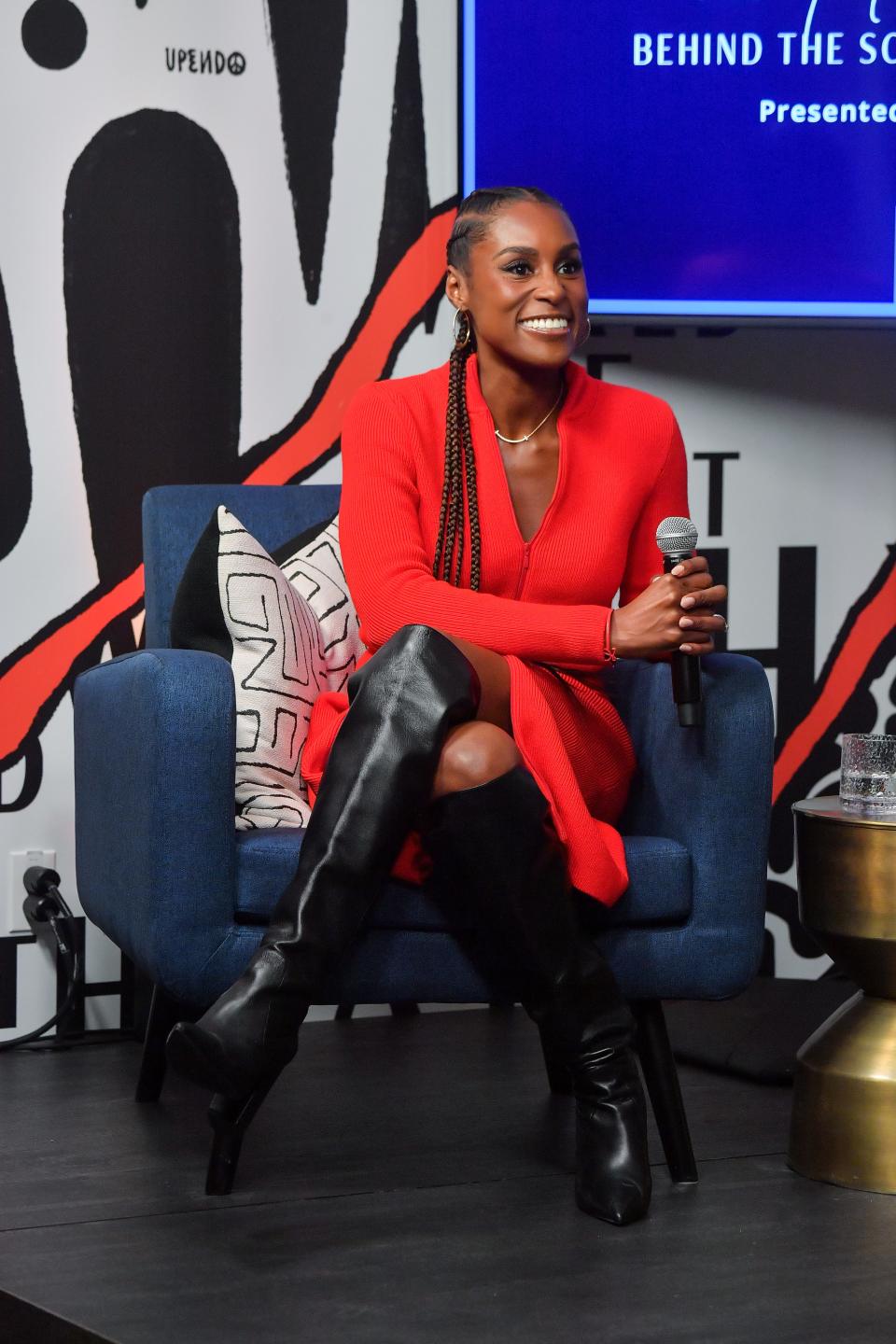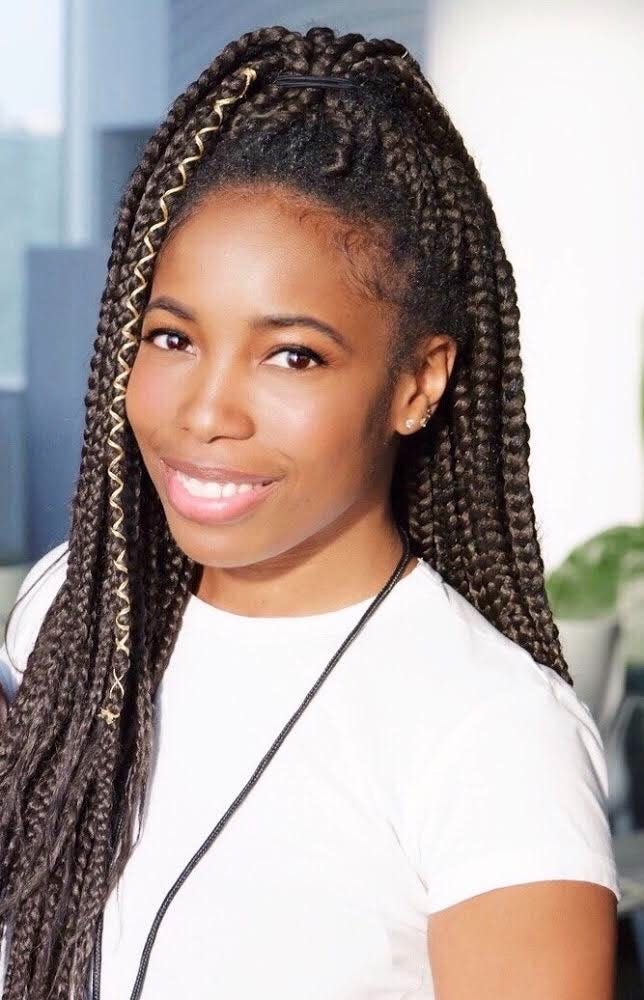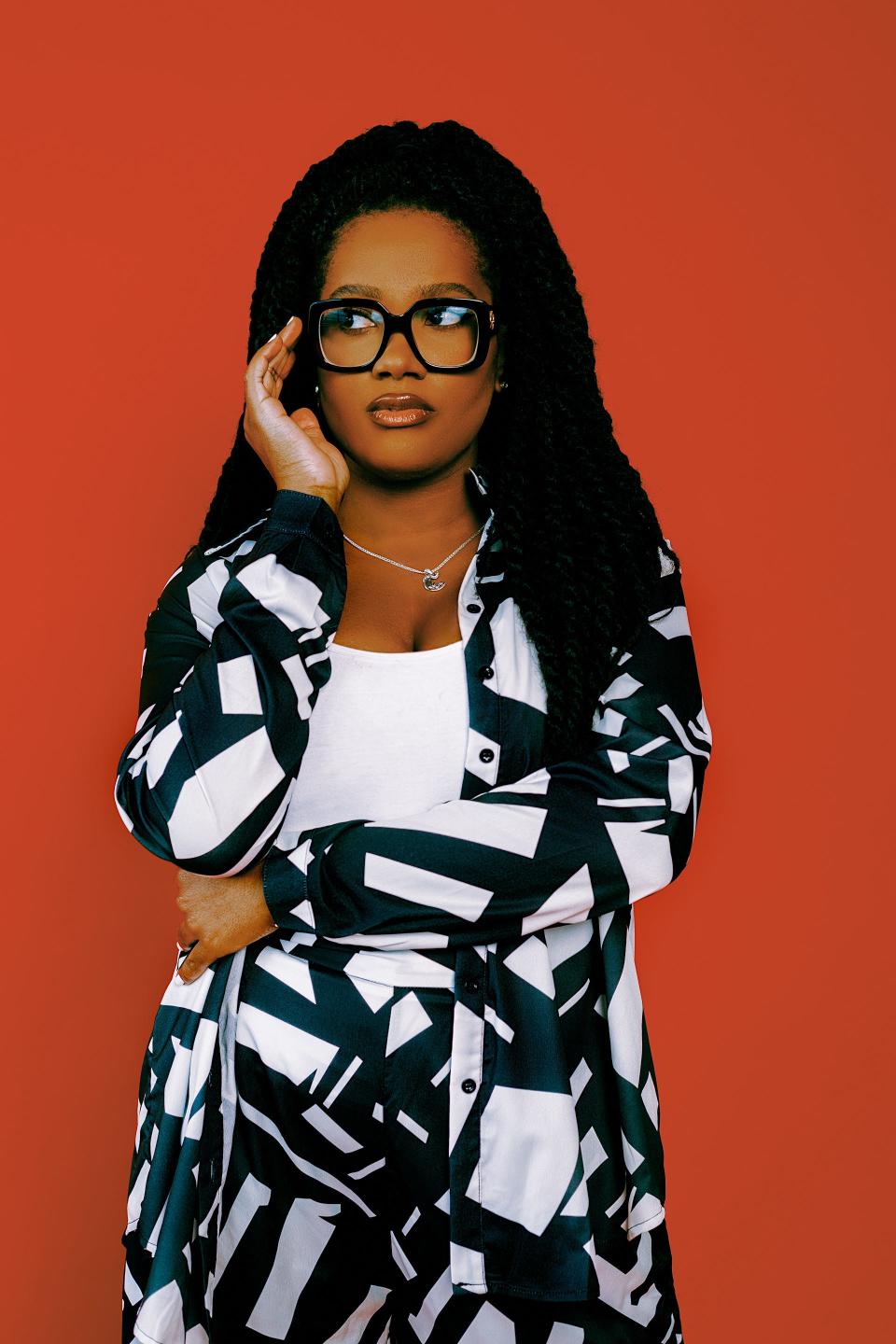Issa Rae says Hollywood needs to be accountable. Here's why diverse shows are so important
Issa Rae starred in three Oscar-nominated films this year, created the HBO show "Rap Sh!t" which was honored by the Independent Spirit Awards, and created and starred in the Emmy winning "Insecure."
With "Rap Sh!t" canceled after two seasons, the actress, writer and director, is calling for more accountability in Hollywood to Black audiences.
Rae is right to be concerned. And she's not the only one.
In addition to "Rap Sh!t," a number of other Black-created or -centered TV shows have been canceled in 2023 and 2024, including "Ziwe" (Showtime), "South Side" (Max), "Kindred" (FX/Hulu), "Grand Crew" (NBC) and the Emmy-nominated "A Black Lady Sketch Show" (HBO).

After a big push for inclusivity a few years ago, studios are now tightening purse strings and streamers are reexamining their portfolios and branding, and it seems that perhaps such diversity, equity and inclusion (DEI) efforts are no longer as prioritized.
“There is a bitterness of just like, who suffers from you guys pulling back?” Rae said in a Time interview that published Thursday. “People of color always do.”
This shift means we may see fewer diverse-centered and diverse-led shows — across the big and small screens. Here's why it matters and why that would be bad for all of us.
Calls for accountability
Not only is it 2024, but also Black History Month, so maybe it’s a little sad (if unsurprising) that Black, indigenous and people of color and those in the LGBTQ community must continue to fight for space, support, access and equity.
"I am pessimistic, because there's no one holding anybody accountable — and I can, sure, but also at what cost?" Rae, 39, said in a Porter profile Monday.

"(In the entertainment industry) You have to be economically strong as well as creatively, tactically and strategically strong," says Tatiana King, a culture journalist, producer and host of For All Nerds, a pop culture brand that covers fandom and entertainment. King recently spoke about Afrofuturism and Black culture at the Smithsonian's National Museum of African American History & Culture. "And (Rae) recognizes that and is able to keep her hands where they need to be and move the pieces where they need to be moved while staying true to herself."
More: What is Afrofuturism and why should you be reading it? We explain.
Representation is critical — and could grow social tolerance
When you don't see people like yourself in TV shows and movies, it can affect your mental health. But it also can affect the social tolerance between different communities.
"A lot of the diversity and inclusion roles are getting chopped down. I'm sure it makes folks that look like me a little nervous," says actress and writer Cheyenne Ewulu.

There's data to back up what Rae and others are saying about the importance of representation in the making and casting of movies and television shows.
A study by ViacomCBS in 2021 found that while 60 percent of respondents said that people like them aren't represented enough, 52 percent also said there was a lack of accuracy in portrayals they did see.
"Everybody deserves a chance to see themselves represented on television or any type of media," says Ewulu. "It's just what the world looks like."
According to the UCLA's 2023 Hollywood Diversity Report, "Despite some minor gains in 2021-22, people of color and women remained underrepresented in most television employment arenas."
"I was fortunate enough to grow up with a lot of Black comedies and Black sitcoms in the nineties, but that's kind of gone away over the years," says Ewulu. "And I might've been able to see myself in some of these comedies growing up, but what about the generation coming after me? What are they going to be able to look forward to?"
But there's more. Seeing authentic and positive portrayals of people who are not like you may actually be the key to raising social tolerance.
"Increases in substantive portrayals of working women, racial groups, and sexual minorities on television are a common explanation for some of the observed increase in social tolerance over the last few decades," political scientist Jeremiah Garretson wrote in the journal "Politics, Groups, and Identities, Vol. 3" published in 2015.
"This tapestry of story and understanding that helps people shapes people's minds," King says. "And shaping minds shapes values, which shapes how people approach so many aspects of life. Social. Political — laws can be shaped because of how someone was affected mentally and what they saw and what they learned about a certain culture. And the law begets the rest of how that society runs."
Authentic portrayals can also mean more dollars
The importance of authentic and diverse movies and shows may also be good for Hollywood's bottom line, as well.
“When you have all of these streaming services that are competing with each other, it means they’re also moving the goalposts of what success looks like and what their brand is," Rae told Time.
The Hollywood Diversity Report found that "films most favored by diverse moviegoers and households in 2022, as in previous years, tended to feature casts that were more than 30 percent minority" and that "people of color accounted for the majority of opening weekend, domestic ticket sales for six of the top 10 films" released in theaters in 2022 (ranked by global box office).
For TV, the report concluded that "in the television sector, an investment in more diverse programming would appear to be the best long-term strategy for industry growth and profitability as the nation’s population inches closer to majority-minority status. In short, adapting to the interests of today’s increasingly diverse audiences is the only viable way for Hollywood to move forward."
"As much as entertainment could be just to make you laugh," King says, "it's also to make you think, and it's also to make you expand your mind. And it's also made for you to grow in the world. And without our voices, that growth is not really true."
Diverse movies and televisions shows with authentic portrayals of people of color and those in the LGBTQ community is more than simple entertainment and could actually change the world. I'd subscribe to that.
This article originally appeared on USA TODAY: Issa Rae says we need more diversity in TV shows
